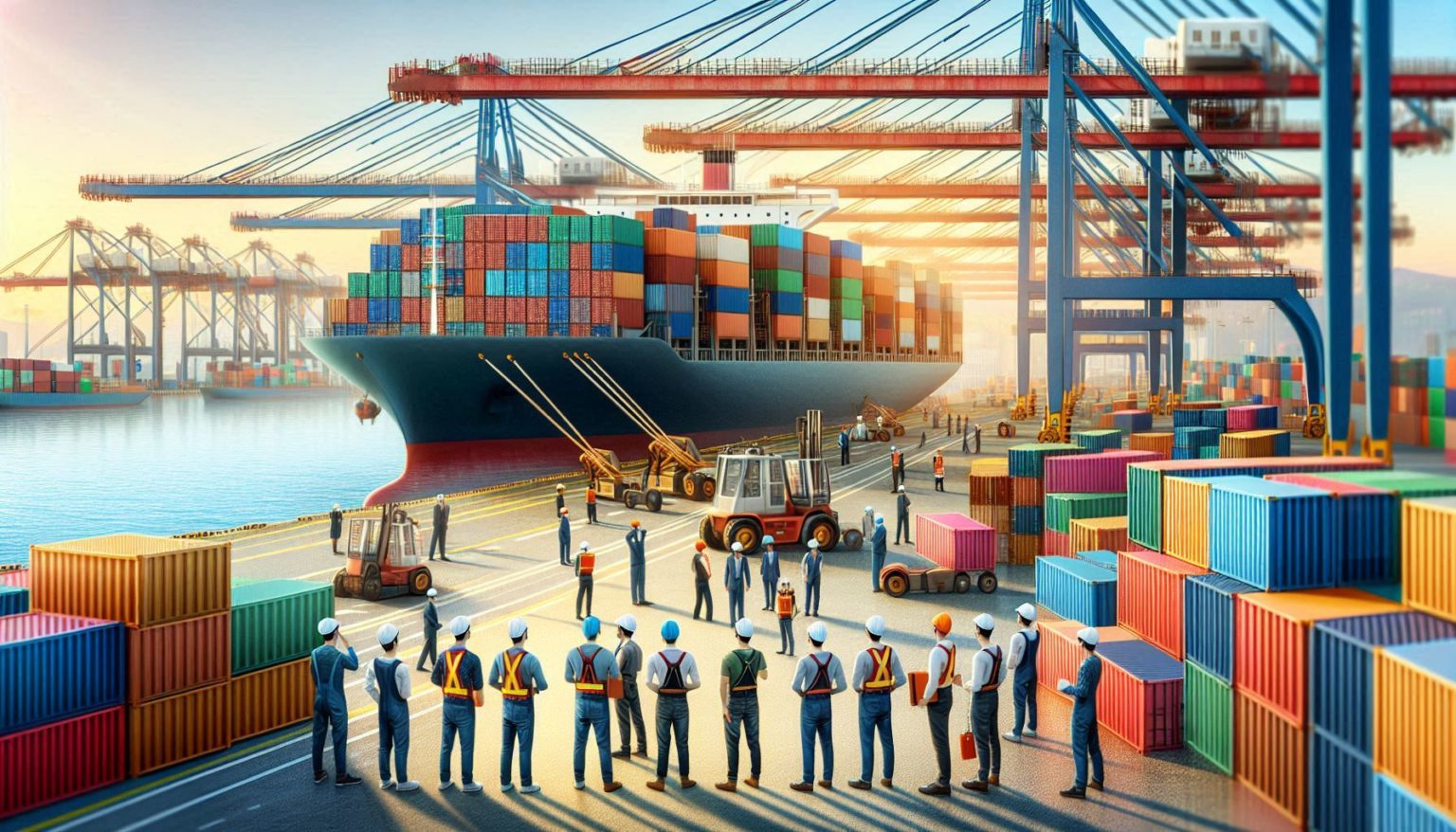For newcomers in global trade, you should understand the CFR meaning. In the vast world of global trade, grasping shipping terms is vital for business success. Among the many terms in Incoterms rules, Free on Board (FOB) is key. This blog aims to explain FOB in Incoterms 2020, highlighting its importance and how it’s used practically.
FOB (Free on Board) Incoterms 2020, widely adopted in international trade, especially for sea freight, streamline responsibilities for exporters and importers. Exporters prepare and load goods onto vessels at the named port, maintaining responsibility until onboard. Importers benefit from assuming control and risk upon loading, simplifying logistics. Commonly employed in manufacturing, retail, and wholesale sectors, FOB terms provide clarity in sea transportation, enhancing efficiency and transparency in shipping operations.
Understanding FOB Meaning
Free on Board, often shortened to FOB, is crucial in trade. It defines the seller’s duties until goods are loaded onto a ship at the named port. According to Incoterms 2020, this marks the shift of ownership and risk from seller to buyer.
Subscribe to the Ex-works24/7 newsletter
FOB Meaning Keypoints
Seller’s Duties: FOB makes the seller responsible for loading goods onto the vessel at the named port. They arrange and pay for loading costs.
Transfer of Ownership and Risk: Ownership and risk change when goods pass the ship’s rail at the port. The buyer then owns the goods and bears the risk of loss or damage.
Buyer’s Responsibilities: After the transfer, the buyer arranges and pays for marine transportation, insurance, and other costs to transport goods to the final destination.
Frequently Asked Questions
What does FOB stand for in Incoterms 2020?
- FOB stands for Free on Board.
What does FOB mean?
- FOB means that the seller fulfills their obligation by delivering the goods, cleared for export, on board the vessel at the named port of shipment.
Who is responsible for loading under FOB terms?
- The seller is responsible for loading the goods onto the vessel at the named port of shipment.
When does the risk transfer from seller to buyer under FOB terms?
- The risk transfers from the seller to the buyer once the goods are on board the vessel at the named port of shipment.
What are the seller’s responsibilities under FOB terms?
- The seller’s responsibilities include delivering the goods, cleared for export, on board the vessel at the named port of shipment and providing the necessary documentation for export clearance.
What are the buyer’s responsibilities under FOB terms?
- The buyer’s responsibilities include selecting and contracting the carrier for the main carriage, arranging for import clearance, and paying for all costs and charges associated with the import process.
Can FOB be used for any mode of transportation?
- FOB is primarily used for sea freight, but it can also be used for inland waterway transport.
Are insurance costs included in FOB terms?
- No, under FOB terms, insurance is typically the responsibility of the buyer unless otherwise agreed upon between the buyer and the seller.
What are the advantages of using FOB terms?
- Advantages of using FOB terms include clear demarcation of responsibility and risk transfer at the point of loading onto the vessel, providing clarity in shipping arrangements.
Are there any restrictions on using FOB terms?
- FOB terms are primarily suitable for goods transported by sea and inland waterway transport and may not be suitable for other modes of transportation.
FOB Meaning and Practical applications
FOB is widely used in international trade, especially for sea freight. It clarifies responsibilities between buyer and seller, making transactions smoother and reducing disputes.
Conclusion: Free on Board (FOB) is significant in Incoterms 2020, outlining seller duties and the shift of ownership and risk in global trade. Understanding FOB’s details is crucial for businesses, as it affects responsibilities and liabilities. By understanding FOB, businesses can make informed choices, manage risks, and ensure smooth transactions in international trade.




